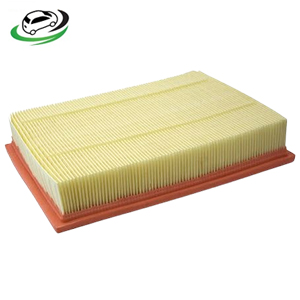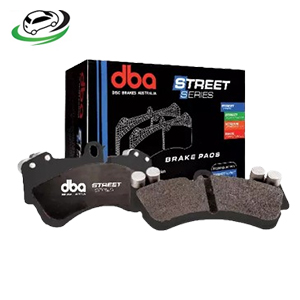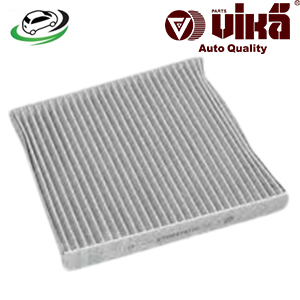-6%
Get Volkswagen Golf Cabin Filter AC 0197C
Cabin filters, also known as pollen filters or air conditioning filters, are often overlooked components of a vehicle’s HVAC (Heating, Ventilation, and Air Conditioning) system. They play a crucial role in improving indoor air quality by trapping dust, pollen, allergens, and other airborne particles before they enter the vehicle’s cabin. In this discussion, we’ll explore the benefits of cabin filters and the signs that indicate when a car may need one.
Benefits of Cabin Filters:
- Improved Air Quality: One of the primary functions of a cabin filter is to remove airborne contaminants from the outside air before it enters the vehicle’s cabin. This helps provide cleaner and healthier air for occupants to breathe, reducing exposure to allergens, dust, pollen, and other pollutants.
- Allergen Reduction: Cabin filters are particularly effective at reducing allergens such as pollen, mold spores, and dust mites from circulating inside the vehicle. For individuals with allergies or respiratory conditions, a clean cabin filter can significantly improve comfort and reduce the risk of allergic reactions or respiratory symptoms while driving.
- Odor Elimination: Cabin filters can help neutralize unpleasant odors from outside sources, such as exhaust fumes, road debris, or nearby industrial areas. By trapping odor-causing particles, cabin filters help maintain a fresh and pleasant interior environment for occupants.
- Protection for HVAC Components: Cabin filters also help protect the HVAC system components, such as the blower motor, evaporator, and heater core, from dust and debris buildup. By preventing contaminants from accumulating on these components, cabin filters help maintain HVAC system efficiency and prolong its lifespan.
- Enhanced Driver Comfort: Clean air inside the vehicle contributes to a more comfortable and enjoyable driving experience for occupants. By reducing dust, pollen, and other airborne irritants, cabin filters help create a cleaner and healthier environment, promoting relaxation and focus while driving.
- Prevention of Window Fogging: Cabin filters play a role in maintaining proper airflow inside the vehicle, which can help prevent window fogging during humid or cold weather conditions. By ensuring efficient ventilation, cabin filters help maintain clear visibility for the driver and passengers, enhancing safety on the road.
Signs a Car Needs a New Cabin Filter:
- Reduced Airflow: A decrease in airflow from the vehicle’s vents can indicate a clogged or dirty cabin filter. If you notice that the airflow from the vents feels weaker than usual, it may be time to inspect and replace the cabin filter.
- Persistent Odors: If unpleasant odors persist inside the vehicle, despite cleaning and airing out the cabin, it could be a sign of a contaminated cabin filter. A dirty or clogged filter may not effectively neutralize odors, allowing them to circulate inside the vehicle.
- Increased Allergy Symptoms: For individuals with allergies or respiratory sensitivities, an increase in allergy symptoms while inside the vehicle may indicate a problem with the cabin filter. If occupants experience sneezing, coughing, or watery eyes more frequently while driving, it may be due to allergens entering the cabin through a compromised filter.
- Excessive Dust Inside the Vehicle: If you notice a buildup of dust or debris on the dashboard, seats, or other interior surfaces, it could be a sign that the cabin filter is not effectively trapping airborne particles. A dirty or clogged filter may allow dust and allergens to enter the cabin, leading to increased interior dustiness.
- HVAC System Odors: Unpleasant odors coming from the vehicle’s HVAC system, particularly when the air conditioning or heating is activated, may indicate a contaminated cabin filter. Mold or mildew growth on a dirty filter can cause musty or foul odors to emanate from the vents.
- Visible Debris in the Filter: A visual inspection of the cabin filter can reveal signs of dirt, dust, or debris buildup, indicating that it may be time for replacement. If the filter appears visibly dirty or clogged, it should be replaced to ensure proper filtration and maintain indoor air quality.
Follow us on Facebook for more Parts.



